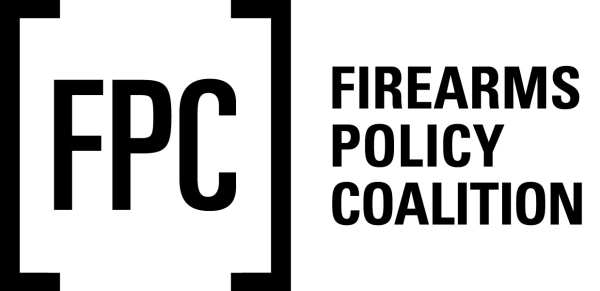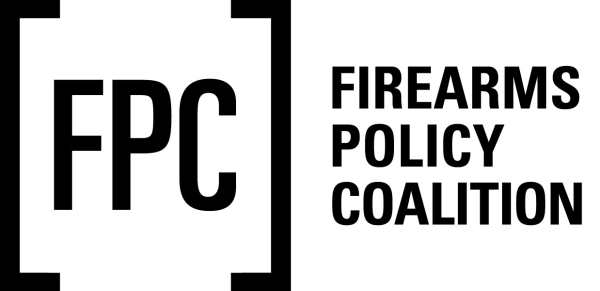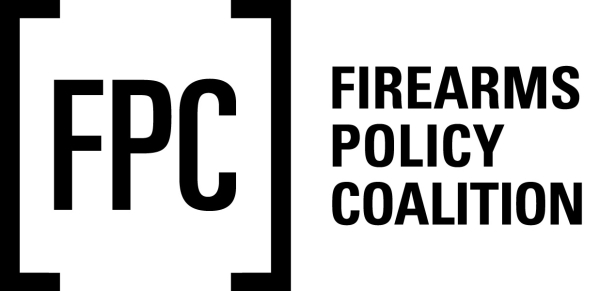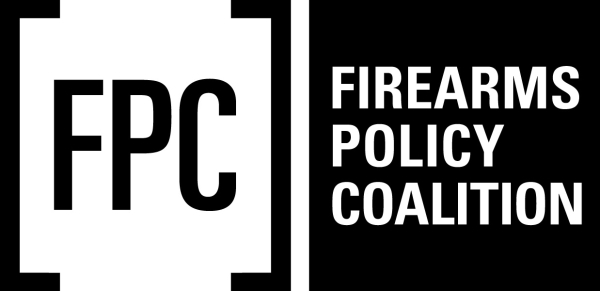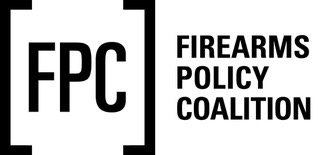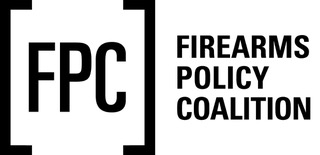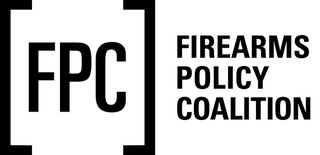Trio of Gun Groups Calls on SCOTUS to Strike Down NYC Gun Control Rule, Enforce Actual Text of Constitution’s 2A
U.S. Supreme Court Must Strike Down New York City Gun Control Rule and Tell Lower Courts to Enforce the Actual Text of Our Constitution’s Second Amendment, Argue Three Second Amendment Groups
WASHINGTON — Yesterday, counsel for Firearms Policy Coalition (FPC), Firearms Policy Foundation (FPF), and The Calguns Foundation (CGF) submitted a brief with the United States Supreme Court calling for the City of New York’s unconstitutional firearm law to be struck down. The court filing, authored by Supreme Court attorney Erik Jaffe of the Washington, D.C. boutique law firm Schaerr-Jaffe LLP, can be found at https://www.firearmspolicy.org/legal and accessed here.
The brief argues that many “courts have been relentless and creative in their efforts to uphold virtually any restriction on keeping or bearing arms,” and that those courts “lack the clear and firm guidance required for them to follow the law, rather than their predilections,” as the Second Circuit Court of Appeals did in the decision below by excluding much protected conduct from the supposed “core” of the Second Amendment, denying those things meaningful protection. But, the organizations’ brief says, “Rights covered by the text of the Second Amendment – as interpreted and understood according to history, practice, and public meaning when it and the Fourteenth Amendment were adopted – are not divided into lesser and greater categories. The Constitution itself has done the categorizing and those rights covered ‘shall not be infringed.’ Period.” Indeed, the court filing argues, “There is no further clause beginning with “except * * *.” No qualification of the prohibition saying some of those rights can be infringed a little, or if the government really feels strongly about it, or has reconsidered the costs and benefits of protecting such rights.”
The organizations also argue that so-called “tiers” of scrutiny used by courts are a “wholly judicial invention” that “should be viewed with skepticism when applied to conduct directly protected by the constitutional text.” Rather, they say, the “proper approach . . . would be to examine the text of the Second Amendment in light of the history, tradition and public meaning,” and “if the regulated conduct falls within the protection of such text, the regulation should be struck down” without need for further analysis. “Such a textual and categorical approach – government action forbidden by the Second Amendment is actually forbidden – is more faithful to the Constitution and would avoid much, if not all, of the gamesmanship now used by the courts applying watered-down versions of tiered scrutiny,” they argue.
“As our brief makes clear, the Constitution’s text means that all laws which ‘infringe on Second Amendment rights ‘shall not be infringed’,” explained FPC President and FPF Chairman Brandon Combs. “We believe that the Second Amendment’s text should not only guide the analysis, but is itself the the more constitutionally faithful analysis. History and tradition may well inform the contours of the right to keep and bear arms, but even those are extra-textual considerations best used to understand the contemporaneous meaning of the language rather than to supplement or restrict the language used. When honestly and appropriately applied, constitutional scrutiny in Second Amendment cases means that the American people must be able to access and exercise a robust and broad array of constitutionally-protected instruments and conduct.”
Last year, Justice Clarence Thomas called the Second Amendment “a disfavored right” in the courts and said that the “right to keep and bear arms is apparently [the Supreme] Court’s constitutional orphan.” But that changed earlier this year when the Supreme Court granted review in a case out of the Second Circuit. Notably, NYSRPA v. City of New York is the first significant grant of certiorari since 2009, when the nation’s highest court took up the City of Chicago’s handgun ban in McDonald v. Chicago.
“Some courts have said that if the Supreme Court meant what it said in Heller and McDonald, and that the Second Amendment is a real right which extends beyond home possession, the Court will need to say so more plainly,” explained CGF Chairman Gene Hoffman. “If the Supreme Court adopts our suggested mode of analysis there will be no question about how seriously courts must treat the fundamental, individual right to keep and bear arms. It cannot get plainer that what we argue in our brief. Even resistant lower courts will be forced to treat the Second Amendment as a first-class right.”
“We are pleased that the Court is reviewing a Second Amendment case after a long hiatus,” commented attorney of record, Erik Jaffe. “While the outcome of this specific case should be a straightforward reversal, we hope the Court takes this opportunity to provide much needed guidance and correction to the many lower courts that seem unwilling to enforce the Second Amendment.”
Mr. Jaffe has been involved in over 100 Supreme Court matters, including filing 30 cert. petitions, representing half-a-dozen parties on the merits, and filing over 60 amicus briefs at both the certiorari and merits stages. A 1990 graduate of the Columbia University School of Law, Mr. Jaffe was a law clerk to Judge Douglas H. Ginsburg of the United States Court of Appeals for the District of Columbia Circuit from 1990 to 1991. Following that clerkship he spent five years in litigation practice with the Washington, D.C. law firm of Williams & Connolly. In the summer of 1996 he left Williams & Connolly to clerk for Supreme Court Justice Clarence Thomas. At the end of that clerkship he started his own practice, and he was a sole practitioner from 1997 to 2018. He joined the firm Schaerr-Jaffe LLP in 2018.
Firearms Policy Coalition (www.firearmspolicy.org) is a 501(c)4 grassroots nonprofit organization. FPC’s mission is to protect and defend the Constitution of the United States, especially the fundamental, individual Second Amendment right to keep and bear arms.
Firearms Policy Foundation (www.firearmsfoundation.org) is a 501(c)3 grassroots nonprofit organization. FPF’s mission is to defend the Constitution of the United States and the People’s rights, privileges and immunities deeply rooted in this Nation’s history and tradition, especially the inalienable, fundamental, and individual right to keep and bear arms.
The Calguns Foundation (www.calgunsfoundation.org) is a 501(c)3 non-profit organization that serves its members, supporters, and the public through educational, cultural, and judicial efforts to advance Second Amendment and related civil rights.


